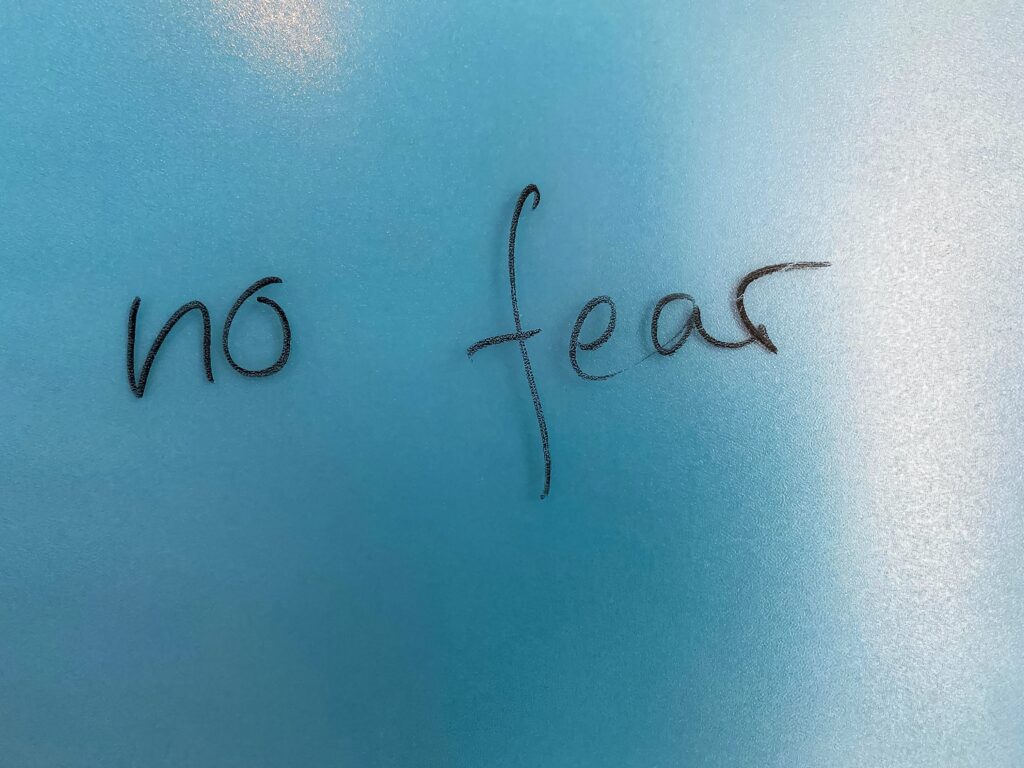
What Makes An Inclusive Leader?
Introduction to Inclusive Leadership
Leadership in the 21st Century has evolved to demand more than authority and direction from our leaders. In the dynamic landscape of modern business, where diversity, equity, and inclusion (DE&I) are not just buzzwords but essential components of organisational success, the role of leaders becomes increasingly critical. This comprehensive exploration of inclusive leadership aims to demystify the concept and provide actionable insights into becoming an effective inclusive leader.
Characteristics of an Inclusive Leader
The heart of inclusive leadership lies in specific, observable behaviours. A groundbreaking study by Sherbin & Ripa (2017) delineates six behaviours that are quintessential to inclusive leaders:
- Ensuring Team Members Speak Up and Are Heard: Inclusive leaders actively encourage participation from all team members, valuing diverse perspectives and ensuring that every voice is given attention.
- Creating a Safe Environment for New Ideas: They foster a culture where proposing novel ideas is not only safe but celebrated, creating a breeding ground for innovation.
- Empowering Team Decision-Making: Such leaders delegate decision-making power, instilling a sense of ownership and accountability in team members.
- Valuing and Implementing Feedback: They recognise the importance of feedback for continuous improvement and are proactive in implementing suggestions.
- Providing Actionable Feedback: Inclusive leaders are adept at giving feedback that is constructive, clear, and aimed at fostering growth.
- Sharing Credit for Team Success: They acknowledge and celebrate the contributions of team members, reinforcing a sense of community and shared success.
The impact of these traits on team dynamics is profound. In teams where leaders exhibit at least three of these behaviours, there’s a marked increase in employee engagement and satisfaction. This is evidenced by 87% of employees feeling included and free to express their views, and 74% believing their ideas are recognised.
Why Inclusive Leadership is Pivotal for Your Organisation’s Success

The Strategic Importance of Inclusive Leadership
Inclusive leadership is not just a moral imperative; it’s a strategic necessity for any organisation aiming to thrive in today’s diverse and dynamic business environment. This section explores why embracing inclusive leadership is crucial for the success and sustainability of your organisation.
Enhanced Team Performance and Creativity
Research consistently shows that diverse and inclusive teams are more creative and perform better. Inclusive leaders harness this diversity by encouraging a variety of perspectives and ideas, leading to innovative solutions and improved problem-solving.
Increased Employee Engagement and Retention
Inclusive leadership directly impacts employee satisfaction and engagement. When employees feel valued and included, they are more likely to be committed to their work and the organisation. This not only boosts productivity but also reduces turnover, saving costs related to recruiting and training new staff.
Better Understanding of Customer Needs
A diverse leadership team is more likely to have a deeper understanding of diverse customer bases. Inclusive leaders ensure that their teams reflect the diversity of their customer base, enabling the organisation to better understand and meet the needs of its customers.
Improved Reputation and Brand Image
Organisations known for their inclusive culture and leadership are viewed more favourably by the public. This enhanced reputation can lead to increased customer loyalty, attract top talent, and potentially open new markets.
Risk Mitigation
Inclusive leaders are adept at navigating the complexities of a diverse workforce, which helps in mitigating risks associated with cultural insensitivity, discrimination, and unethical practices. This not only protects the organisation from potential legal issues but also preserves its integrity and ethical standing.
Future-Proofing the Organisation
The world is becoming increasingly globalised and interconnected. Inclusive leadership prepares your organisation for this reality, ensuring it is adaptable, resilient, and capable of thriving in a multicultural, multifaceted global market.
Building an Inclusive Environment

Creating an inclusive environment transcends individual leadership traits. It encompasses cultivating a workplace culture that values diversity in all its forms. This involves implementing inclusive policies, ensuring equitable treatment of all employees, and embedding diversity and inclusion into the very fabric of organisational practices. Training programmes to enhance awareness and sensitivity among team members are also vital in building this environment.
Challenges and Solutions in Inclusive Leadership
Inclusive leadership is not without its challenges. Leaders often grapple with unconscious biases, resistance to change, and the complexities of managing a diverse workforce. To surmount these challenges, leaders must embark on a journey of continuous learning and self-improvement. This includes becoming aware of personal biases, actively seeking diverse perspectives, and being adaptable to the needs of a varied team.
Developing Your Inclusive Leadership Skills

Central to inclusive leadership are Emotional Intelligence (EI or EQ) and Cultural Intelligence (CQ). Baum (2021) underscores the importance of these competencies in DE&I strategies. EI involves understanding and managing one’s emotions and those of others, comprising self-awareness, self-management, social awareness, and relationship management. CQ, on the other hand, is about functioning effectively in different cultural settings. These skills enable leaders to recognise their biases and interact effectively with people from diverse backgrounds.
Emotional Vulnerability in Diversity
Brenée Brown’s research highlights the significance of emotional vulnerability in leadership. Vulnerability is about being open and honest, thereby creating a culture of trust. Leaders who embrace their vulnerabilities inspire others to do the same, leading to stronger relationships and more productive teams. This approach, if modelled effectively, becomes a cultural norm that fosters empathy and inclusion.
The Future of Inclusive Leadership
The future of inclusive leadership is ever-evolving. Staying abreast of emerging trends, understanding the role of technology in enhancing inclusivity, and preparing for future challenges are essential for leaders who are committed to fostering an inclusive workplace.
Connect with Us at The Hive

At The Hive, we are dedicated to championing inclusive leadership and aiding organisations in cultivating work environments where diversity and inclusion are not just valued, but integral to their ethos. We invite you to connect with us and explore how we can support your venture towards a more inclusive corporate culture.
Our expertise at The Hive extends across a spectrum of DE&I strategies, offering tailored consultancy services to meet your organisation’s unique needs. We provide comprehensive training sessions and workshops, designed to educate and inspire your leaders and teams in all aspects of inclusive leadership. These are not just informative sessions but transformative experiences that will reshape your approach to diversity and inclusion.













































